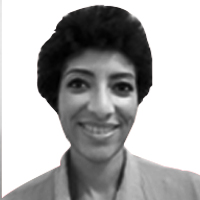Entertainment
Photo Illustration by Lyne Lucien/The Daily Beast
Young Black Girls Are Going to Rule the Screen in 2018
ABOUT TIME
Between ‘A Wrinkle in Time,’ ‘Grown-ish,’ ‘The Hate U Give,’ and more, 2018 marks a welcome resurgence of leading roles for black teen girls.

Trending Now





